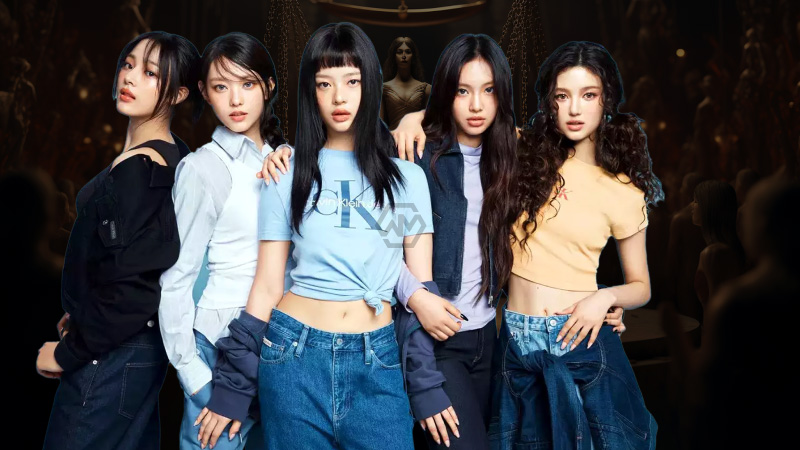- NJZ accuses ADOR of obstructing their activities and tarnishing their reputation.
- ADOR denies claims, stating their actions were contractually justified.
- Legal proceedings set for March 7 and April 3 to determine contract validity.
The conflict between NJZ (formerly NewJeans) and ADOR has intensified, with NJZ alleging that the agency deliberately sabotaged their activities.
ADOR has refuted these accusations, stating that any restrictions were due to standard procedural reviews. The agency maintains that NJZ is still under contract and should not independently engage in promotions or advertising deals.
ADOR Responds to NJZ’s Accusations as Legal Dispute Grows
NJZ alleges that ADOR’s actions have negatively impacted their public image and career opportunities. One incident cited was during a Japanese music show, where NJZ wanted to wear mourning ribbons but were initially blocked. They argue that ADOR’s interference goes beyond business disputes and affects their artistic freedom.
ADOR, however, insists that they were ensuring compliance with broadcasting standards and that NJZ’s claims are misleading. They argue that NJZ is attempting to bypass contractual obligations while continuing to release new music and perform internationally. The agency asserts that its legal actions are meant to protect its rights rather than hinder the group.
The legal battle has also expanded beyond performance rights, as NJZ has accused ADOR of attempting to disrupt their upcoming headlining appearance at ComplexCon Hong Kong. Despite these tensions, NJZ is pushing forward with their promotions, hinting at new music releases at the event.
The outcome of this dispute could set a precedent for artist-agency conflicts in the K-pop industry. If NJZ successfully terminates their contract, it may challenge the way exclusive contracts are enforced in entertainment law. Meanwhile, ADOR’s insistence on upholding the contract highlights the power agencies hold over artists.
As NJZ and ADOR prepare for legal battles in March and April, the industry watches closely. The case could redefine how artist contracts and agency control are handled in K-pop’s evolving landscape.
“This is not to restrict them but to do these activities together with ADOR while keeping the contract.” – ADOR’s statement on the dispute



